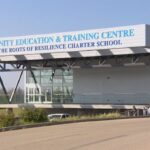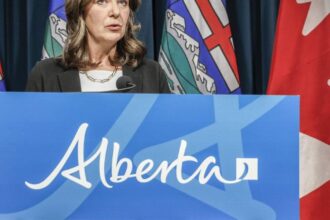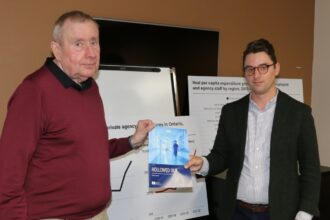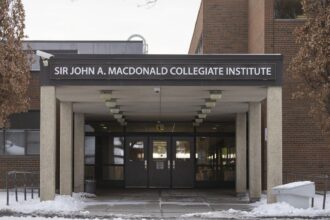Residents across northeastern British Columbia are waking up to hazy skies and the acrid smell of smoke as Environment Canada issues widespread air quality statements amid intensifying wildfires in the region. The deteriorating conditions have prompted health officials to urge vulnerable populations to take immediate precautions as smoke plumes continue to spread through communities already facing an early and aggressive fire season.
“What we’re seeing in northeastern BC right now is concerning because of how early these conditions are developing,” said Dr. Helena Morris, respiratory specialist at Northern Health. “The particulate matter in wildfire smoke can penetrate deep into the lungs and even enter the bloodstream, creating both immediate and long-term health risks.”
The air quality statements cover Fort Nelson, Fort St. John, and surrounding areas, where visibility has been significantly reduced and residents report experiencing eye irritation, throat discomfort, and breathing difficulties. According to Environment Canada’s Air Quality Health Index, several communities are currently registering “high risk” readings of 8-10 on the 10-point scale.
Provincial wildfire officials confirm that several active fires in the region have grown substantially in recent days, fueled by unusually dry conditions and high winds. The Peace River Regional District has placed several rural areas on evacuation alert as firefighting crews work to establish control lines around the largest blazes.
“We’re deploying all available resources to manage these fires,” said Regional Fire Operations Coordinator Thomas Yeung. “But with the current weather patterns, containing the smoke impact remains challenging even in areas not directly threatened by flames.”
For vulnerable populations—including children, the elderly, pregnant women, and those with pre-existing respiratory or cardiovascular conditions—the health implications are particularly severe. Medical facilities across northeastern BC are reporting an uptick in emergency room visits for respiratory complaints.
“The combination of early-season heat and these wildfires is creating a perfect storm for respiratory distress,” noted Dr. Morris. “We’re advising people to stay indoors when possible, keep windows closed, use portable air cleaners if available, and limit outdoor physical activity until conditions improve.”
Local officials have also implemented temporary clean air shelters in community centers equipped with air filtration systems for residents without access to air conditioning or proper filtration at home. These measures reflect growing recognition of wildfire smoke as not merely a seasonal inconvenience but a significant public health concern requiring coordinated response.
Climate scientists point to this early-season wildfire activity as consistent with projected impacts of climate change in northern regions. “The data shows fire seasons starting earlier, lasting longer, and producing more intense smoke events,” explained Dr. Eliza Chen, climatologist at the Canadian Climate Institute. “What northeastern BC is experiencing now could become the new normal without substantial mitigation efforts.”
Provincial authorities continue to monitor the situation closely, with meteorologists predicting little relief in the coming days as high-pressure systems are expected to trap smoke near ground level across the region.
As communities brace for what could be a long and challenging wildfire season ahead, the question remains: how will our healthcare systems, emergency response networks, and infrastructure adapt to this increasingly common threat to both our environment and public health?
























